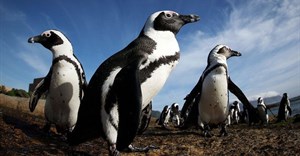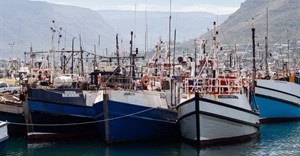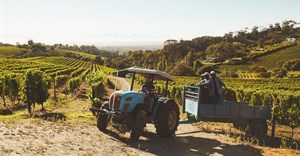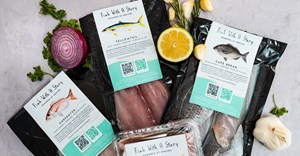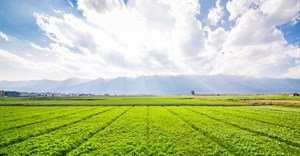Trending
Elections 2024
New initiative will improve the sustainability of 9 South African fisheries
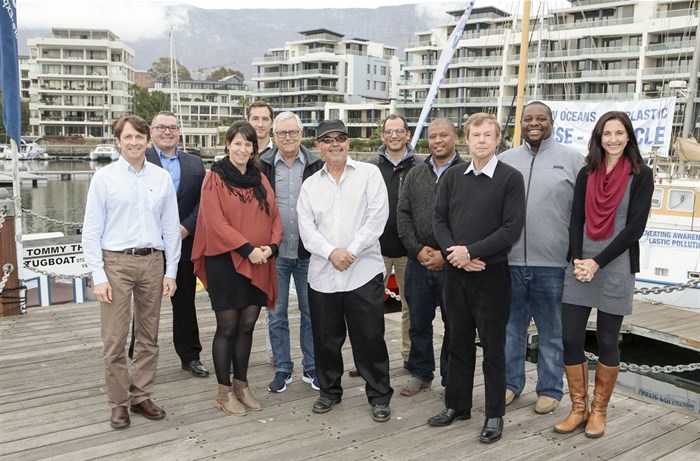
Initiated by the MSC and funded by the Dutch Postcode Lottery, the four-year project aims to accelerate the building of fisheries sustainability networks in Indonesia, Mexico and South Africa and includes: longline-caught yellowfin tuna; pole and line caught albacore tuna; purse seine netted sardine; hand caught east coast rock lobster; the commercial west coast rock lobster fishery; rope grown black mussel; kelp; jig caught squid; and the west coast multispecies line fishery.
The fisheries will use the MSC sustainability criteria as a framework within which to structure improvement activities, opening the potential for future certification. Mapping and gap analysis based on the MSC Fisheries Standard will be used to identify areas where sustainability improvements can be made. The project will follow a Project Pre-Assessment (PPA) model, focusing on country-specific analysis of fisheries as a way of introducing the MSC programme to a range of South African fishers.
In support of the project, director: offshore and high seas fisheries management, from the Department of Agriculture, Forestry and Fisheries (DAFF) Saasa Pheeha commented: "As custodians of South Africa’s fishing resources, DAFF is happy to support initiatives that bring together different role-players in a way that will complement our work towards better fisheries management."
Collaboration to drive change
PPAs are an evolving approach promoted by the MSC. Defined as any project that uses the MSC pre-assessment and other pre-certification tools in a strategic way to engage with multiple fisheries at the same time, a PPA’s intended impact extends beyond the immediate project. PPA’s aim to involve not only the fisheries and NGO stakeholders, but notably, also management authorities, scientific advisory bodies and supply chain companies that are interested in sourcing from these fisheries. Crucially, the project is supported by an advisory group who will provide cohesive advice and direction, to ensure real, lasting progress.
On the importance of the group’s role, the nominated chair of the advisory group, Kevern Cochrane of Rhodes University, noted: "Stakeholders in the fishing sector, whether fishers themselves or supply chain companies, have different priorities and interests. Whilst we can all share the desire for better management of all fisheries, it’s important that different voices are given the chance to present their viewpoints so that all can benefit to some extent from the process that the Fish for Good project will introduce."
Commenting on their role in the project, MSC’s Southern African fisheries manager, Andrew Gordon added: "Since its inception in 1997, the MSC has shown that its fishery certification and the eco-labelling programme can help drive improvements among fisheries, leading to healthier oceans. Looking forward, the MSC has committed itself to focusing greater effort on the fisheries of the developing world. This work is urgent as fisheries in developing countries are some of the most at risk of overfishing, and yet, these fisheries play a critical role both in terms of food security and in providing livelihoods for coastal people."








